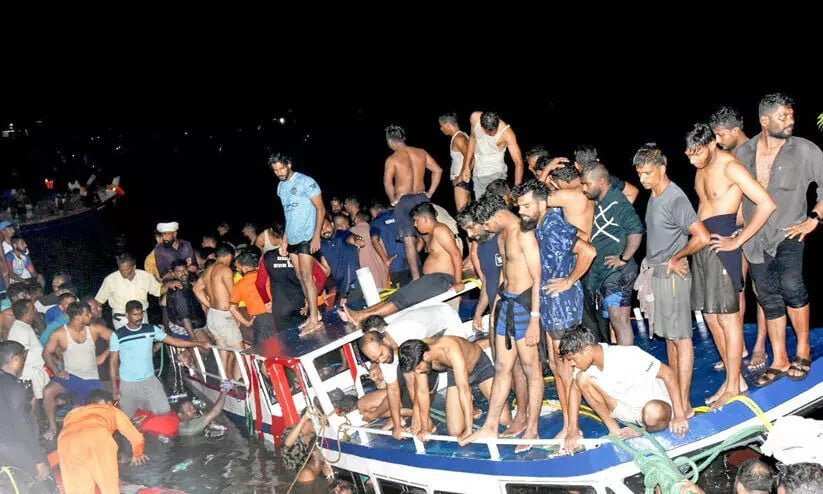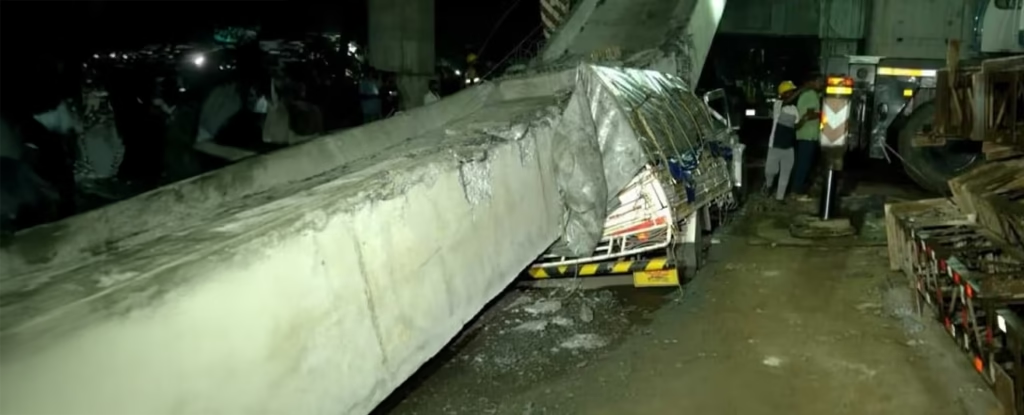Ensuring Safe Passage: Addressing Boat Safety Issues in Kerala's Waterways
Kerala, a picturesque state in the southwestern coast of India, is renowned for its enchanting backwaters, verdant landscapes, and a vast network of rivers and canals. The region attracts millions of tourists each year, with many seeking to explore the tranquil beauty of Kerala’s waterways on passenger and tourist boats. However, there have been a number of accidents in recent years, raising concerns about the safety of these services. This article delves into the causes of these accidents and explores potential measures to prevent them in the future.
*Safety Issues and Accidents in Kerala’s Boat Services*
Over the past few years, Kerala has witnessed a spate of accidents involving passenger and tourist boats, some of which have resulted in fatalities. Key incidents include:
The 2019 Thekkady boat tragedy: A passenger boat capsized in the Periyar Lake, claiming the lives of 45 tourists.
The 2020 Alappuzha boat accident: A speeding boat collided with a houseboat, leaving three people dead and several others injured.
The 2021 Fort Kochi boat mishap: A boat carrying tourists capsized near Fort Kochi beach, leading to the loss of seven lives.
The latest 2023 Thanur boat accident: The recreational boat Atlantic capsized in Ottumpuram Thooval Theeram beach in Tanur, Malappuram, Kerala, India. The incident, on a boat carrying 37 people, caused 22 deaths and 10 injuries, including 11 children.
*Causes of Accidents*
A thorough analysis of these accidents reveals several underlying causes, which can be broadly categorized as follows:
Overloading: Many boats carry passengers beyond their stipulated capacity, creating instability and increasing the risk of capsizing.
Lack of safety equipment: Insufficient life jackets, lifebuoys, and other safety gear contribute to the severity of accidents.
Inadequate training and licensing: Untrained and unlicensed boat operators may not have the necessary skills and knowledge to ensure the safety of passengers.
Poor maintenance: Neglected and aging boats can develop structural weaknesses, making them prone to accidents.
Reckless driving: Some boat operators indulge in risky maneuvers, such as speeding or taking sharp turns, which can result in collisions or capsizing.
*Preventing Future Accidents*
To ensure the safety of passengers and tourists using boat services in Kerala, the following measures should be implemented:
Strict enforcement of regulations: Overloading and reckless driving must be curbed through rigorous inspections and the imposition of penalties on violators.
Mandatory safety equipment: Boats should be equipped with adequate life jackets, lifebuoys, fire extinguishers, and other essential safety gear, as well as regularly inspected for compliance.
Comprehensive training and licensing: Boat operators should undergo thorough training in navigation, safety protocols, and emergency response. Licenses should be granted only to those who successfully pass the required assessments.
Regular maintenance checks: Boats should be subject to routine inspections and maintenance to ensure their structural integrity and seaworthiness.
Enhanced rescue and emergency response capabilities: Authorities should invest in upgrading their search and rescue infrastructure, while also conducting regular drills to improve response times in the event of an accident.
Kerala’s waterways provide a unique and mesmerizing experience for tourists and locals alike. However, the safety of passengers and tourists must be the top priority. By addressing the causes of accidents and implementing the suggested preventive measures, authorities can ensure that boat services in Kerala remain both enjoyable and secure for everyone on board.









